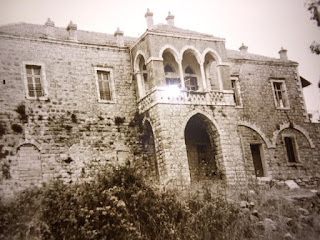It was September 1987, when I joined the Law School at the University of Baghdad. I was among the 10 women out of the 500 students who sat in the front row hoping to get their law degrees.
The first class was in criminology. The professor entered the class, looked around and said;
The first class was in criminology. The professor entered the class, looked around and said;
“What are the women doing here? Go now and join the nursing school where you belong.You will never make it in law.”
I didn’t join the nursing school. I earned my degree in law, and I graduated in 1991 with the second highest GPA across the Law School.
Earlier this year, Iraq was kicked out of Kuwait during the Operation Desert Storm. Yet, contrary to the widespread belief at the time, the Storm didn’t topple the regime. It did, however, destroy electricity and water plants.
I prepared for the final exams studying on a kerosene lamp, like the ones used before the invention of electricity. Preparing for the finals in the middle for the summer in our desert climate was challenging enough. Let alone to do it without a fan or light.
The regime oppressed the professors to come up with a legal justification for the war and the invasion. They channeled that oppression onto the students, who couldn’t do anything but to take it in.

Earlier this year, Iraq was kicked out of Kuwait during the Operation Desert Storm. Yet, contrary to the widespread belief at the time, the Storm didn’t topple the regime. It did, however, destroy electricity and water plants.
I prepared for the final exams studying on a kerosene lamp, like the ones used before the invention of electricity. Preparing for the finals in the middle for the summer in our desert climate was challenging enough. Let alone to do it without a fan or light.
The regime oppressed the professors to come up with a legal justification for the war and the invasion. They channeled that oppression onto the students, who couldn’t do anything but to take it in.






